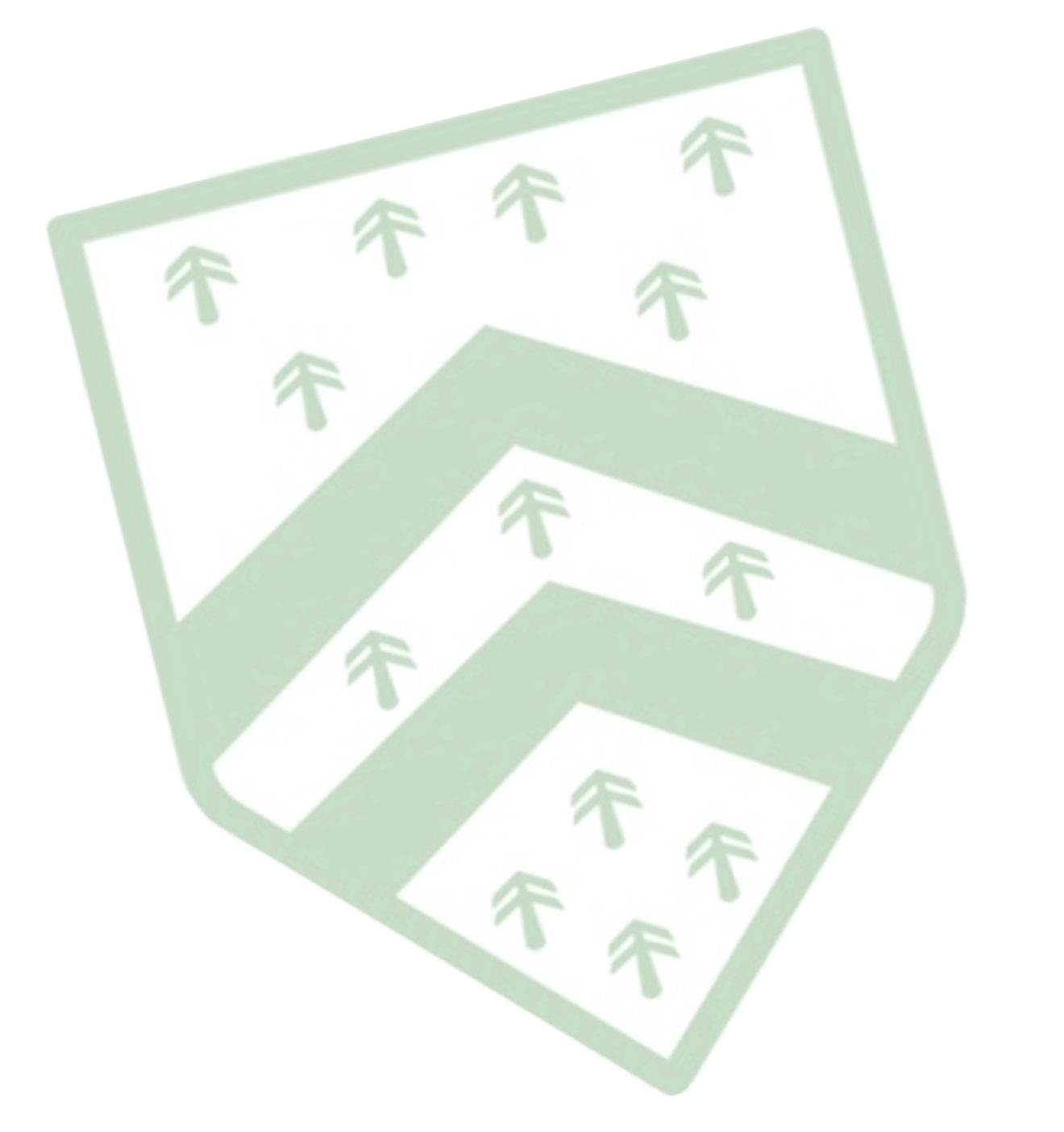
English Curriculum
At Bishop's Tachbrook Primary School, our intent for English is to provide a rich, inclusive, and stimulating learning environment that empowers all our children to become confident and proficient readers, writers, speakers, and listeners. We aim to foster a lifelong love for literature and language, enabling our children to communicate effectively, think critically, and express themselves creatively. Through a well-structured and balanced English curriculum, we strive to develop the essential skills and knowledge that will equip our children for success in their academic journey and future careers.
To implement our intent for English, we have developed a comprehensive and progressive curriculum that aligns with the National Curriculum requirements while allowing flexibility for individualized learning experiences. Our curriculum is designed to provide a coherent and sequential progression of skills, knowledge, and understanding across all key stages.
Reading:
- Our children develop a love for reading, engaging with a wide range of genres and authors. We support our children to become confident, fluent, and skilled readers, accurately decoding words and comprehending complex texts.
-We employ a systematic and synthetic phonics approach, to develop strong foundational reading skills in our early years.

-Progress is monitored by the use of Lexplore which calculates a reading age and identifies children who need additional input.
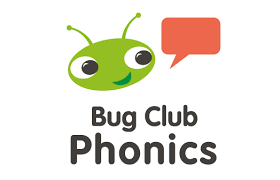
- Our chosen phonics scheme is Pearson’s Bug Club which consists of daily sessions following a highly successful structured format.
- Bug Club also provides opportunities for online reading resources in-line with each child’s reading level.
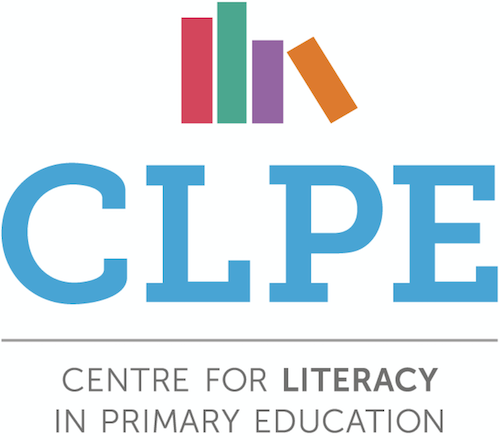
- High quality texts suggested by CLPE are used as stimuli for English lessons.
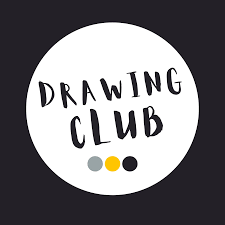
- We promote a culture of reading by celebrating World Book Day, inviting authors and storytellers to the school, cross phase reading buddy sessions and organising reading challenges. A Drawing Club style reading session ends each day igniting a love of literature and language across the school.
- Guided reading sessions and whole-class reading activities are conducted regularly to develop comprehension skills, promote reading for pleasure, and developing critical thinking skills when analysing and evaluating texts.
- Our well-resourced library offers an extensive collection of fiction and non-fiction books, fostering a reading culture within the school community. In addition to this, each classroom has a designated reading area which encourages free choice of a variety of books to be selected and enjoyed.
Writing:
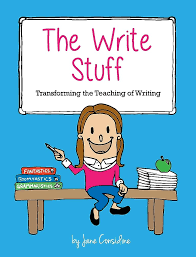
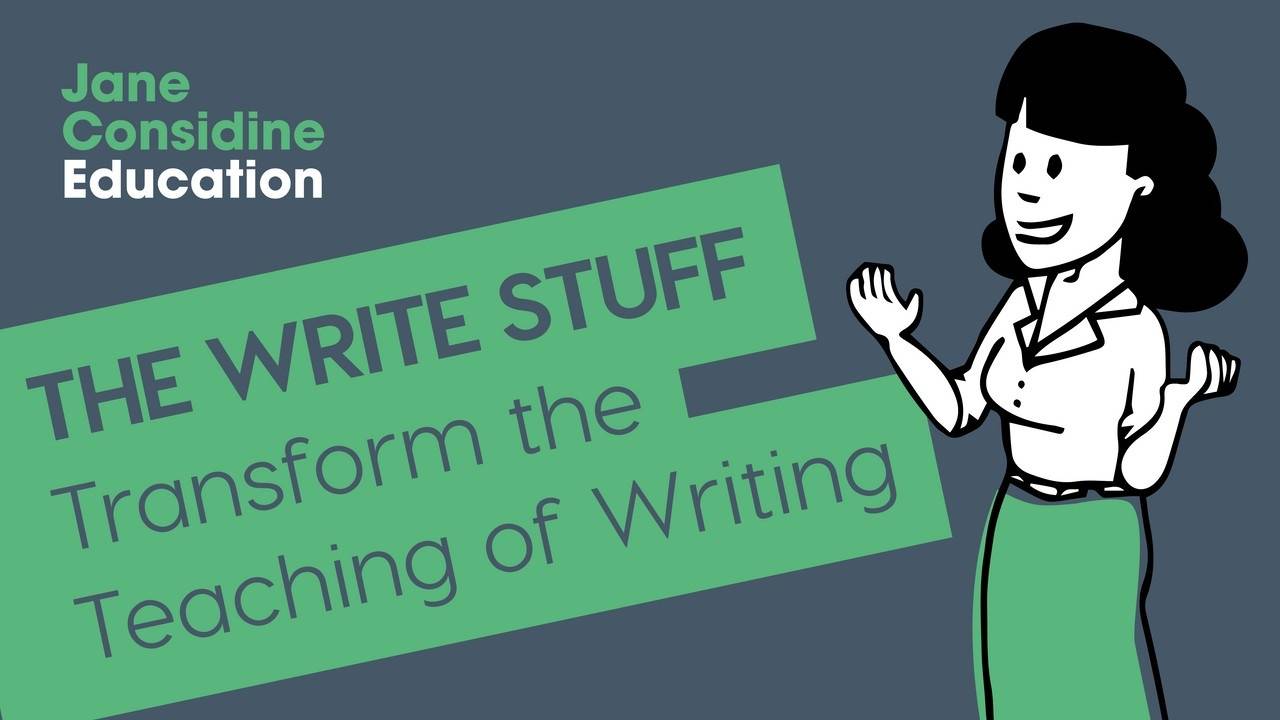
- We are currently introducing The Write Stuff approach, combining oral storytelling, model texts, and shared writing experiences to scaffold children's writing development.

-In EYFS The Drawing Club is used to encourage a liberation of language through daily vocabulary discussions and modelled drawings to support children to formulate their own imaginative ideas for writing.
- Opportunities for purposeful writing across various genres are embedded within the curriculum, allowing children to apply their skills and express their ideas effectively.
- Exciting Writing sessions are planned throughout the year to give children a memorable experience to inspire their subsequent writing.
- Grammar, punctuation, and spelling are taught explicitly and integrated within writing activities to support accurate and coherent written communication.

- Nelson’s Precursive handwriting style is taught from EYFS and is regularly practised to develop a neat, clear joined script. Pen Licenses are awarded from KS2 to encourage a pride in recording throughout school.
Speaking and Listening:
- Speaking and listening skills are developed through regular class discussions, presentations, and role-play activities.
- Opportunities for public speaking and performance are provided through assemblies, class presentations, and school events, building children’s confidence and articulation.
- Children are taught to demonstrate active listening skills, engaging in discussions, debates, and presentations with respect and empathy.
- Our teachers employ effective questioning techniques to stimulate thoughtful discussions and encourage children to express their ideas confidently and respectfully.
Recording
-Year 1 to Year 4 use the specially created English handwriting books which have the “train track” lines to support handwriting. Important grammar and vocabulary knowledge is organised on the front and back covers of these books to reinforce key learning.
-EYFS use a variety of materials to record their mark making and emergent writing, including plain paper, large lined paper and stickers.
-Year 5 and Year 6 use regular lined books with laminated fold-out knowledge organisers as they no longer require the handwriting support, having developed their own joined neat style.
- In Key Stage 1, pencil is used for written work in with a short date and brief learning intention (LI) recorded. Year 2 to progress to the long date from the summer term and feather pencils awarded for neat handwriting and beginning to join.
-In lower Key Stage 2, children can achieve their pen license for clear, neatly joined handwriting.
-In upper Key Stage 2, children can progress onto the advanced pen license with a choice of pen in either black or blue.
Assessment
-Formative assessment takes place regularly and verbal feedback during the lesson allows children to adapt and amend their written work at the time of writing.
-Summative assessment takes place three times a year with reading, grammar and spelling being assessed. Years 1, 3, 4 and 5 use NTS end of term assessments, while Years 2 and 6 use previous SATs papers.
-All assessments are analysed to identify strengths and gaps in learning. Teachers respond to these gaps by setting targets through RAPs (with MLT/SLT support) and implementing interventions.
-Teaching children with specific needs HOW to answer an assessment is allowed, building them up slowly to answer more independently as the year progresses. –
-Teacher judgements are an integral part of our assessment process and feed into the data we input into iTrack three times a year. Judgements are standardised through: termly staff moderation meetings and annual consortium moderation, teachers are encouraged to attend further moderation sessions set by the LA (currently Year 2 and 6).
-Governors have access to anonymised data and have a sound knowledge of expected progress and attainment. Governors question and challenge staff to ensure standards are maintained and how any dips in data are being addressed.
Interventions
-The school will be using Lexplore to assess the reading age and ability of each child in school. The system will help us identify any issues with a child’s reading development and create tailored precision teaching sessions to address these areas.
-Early phonic interventions are key in supporting children who are currently below their age-related expectations.
Our English teaching and curriculum play a pivotal role in shaping the foundation of a child's language and communication skills, fostering their cognitive development, and equipping them with the essential tools for lifelong learning. It not only empowers children to effectively express themselves but also fosters critical thinking, creativity, and a deep appreciation for literature and culture.


